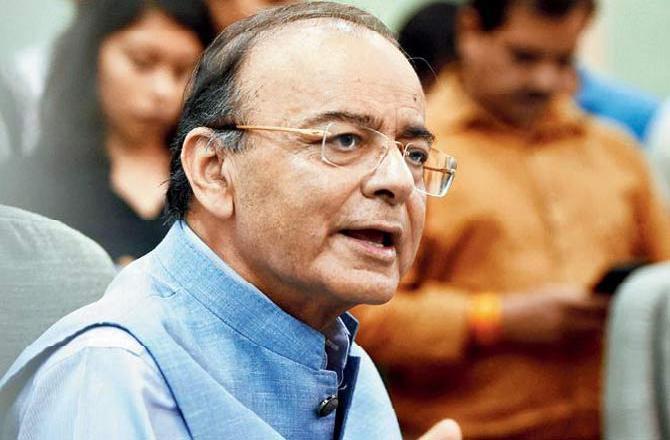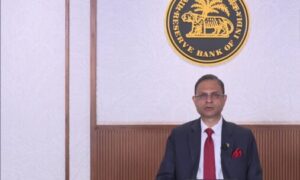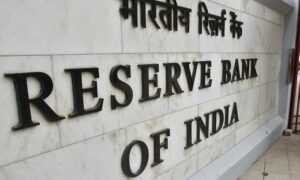
File Picture
In a candid admission Union Finance Minister Arun Jaitley on December 13 admitted there were two-three areas of differences with the Reserve Bank (RBI), but questioned how a mere discussion on its functioning could be considered “destruction” of an institution.
Under attack politically for creating circumstances that led to the resignation of Urjit Patel as the central bank’s Governor, Jaitley listed out a string of actions initiated by past governments including Congress PMs Jawaharlal Nehru and Indira Gandhi asking RBI Governors to resign.
Speaking at an event, Jaitley said the differences with RBI included credit flow in the economy and liquidity support, and added that the government had initiated a “discussion” to convey its concerns.
“A discussion with an important institution, which is independent and autonomous, to tell it that its a part of your (RBIs) functions and therefore this is an important are of the economy which you must look at , how is it destruction of an institution ? he questioned.
According to reports, the government had initiated discussions under the never-used Section 7 of the RBI Act which provides for the central government forcing down decisions in public interest. It is this aspect, which led to voicing of concerns across and also a strong speech by RBI Deputy Governor Viral Acharya to warn against compromising RBI autonomy. Jaitley did not elaborate on how the discussion were initiated.
“We are the sovereign government, we are the most important stakeholders as far as the management of an economy is concerned,” Jaitley said, in reference to the discussions with RBI.
He reiterated that the RBI has the responsibility as far as credit and liquidity is concerned. “We are not taking over the function,” he said, adding that the government was only initiating discussions using instruments which force a discussion.
“In some situations, the autonomous institutions also have to be informed that there is some difficulty arising in the system that requires to be corrected,” he added.


















